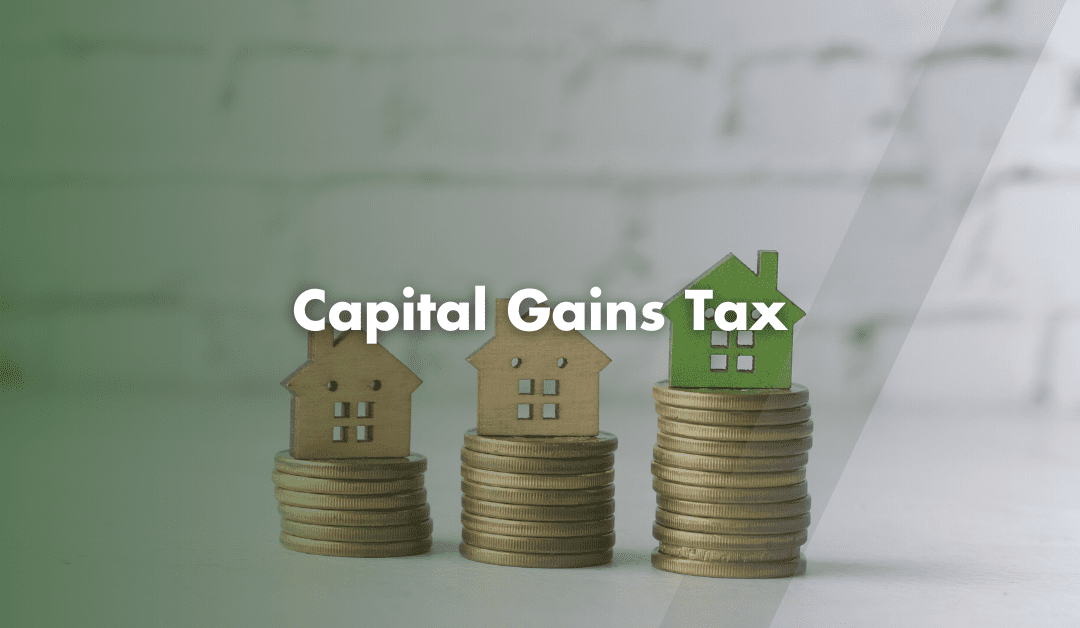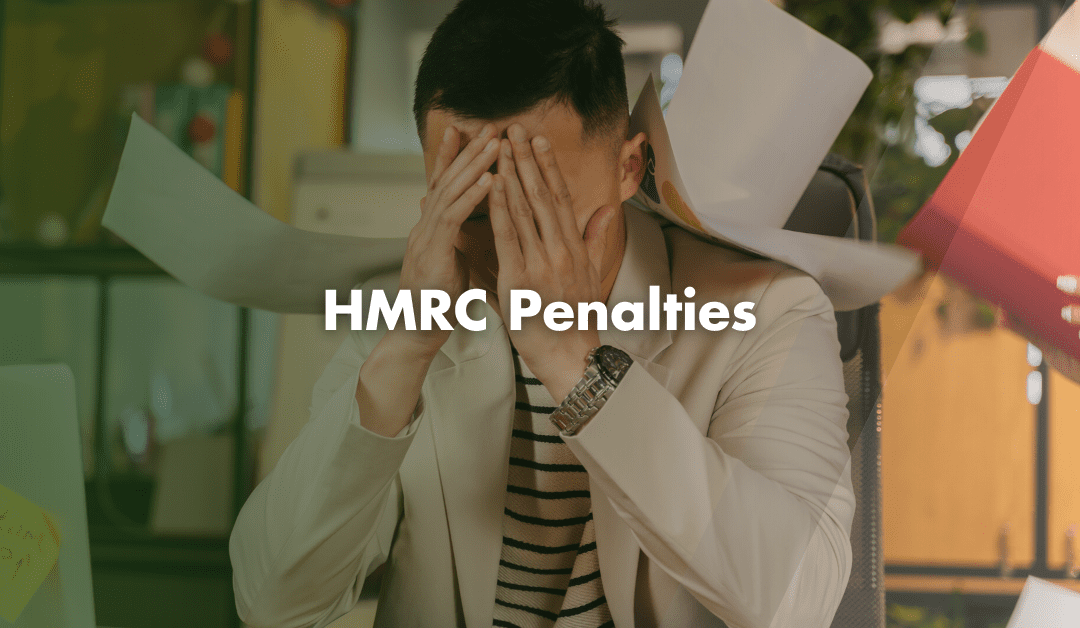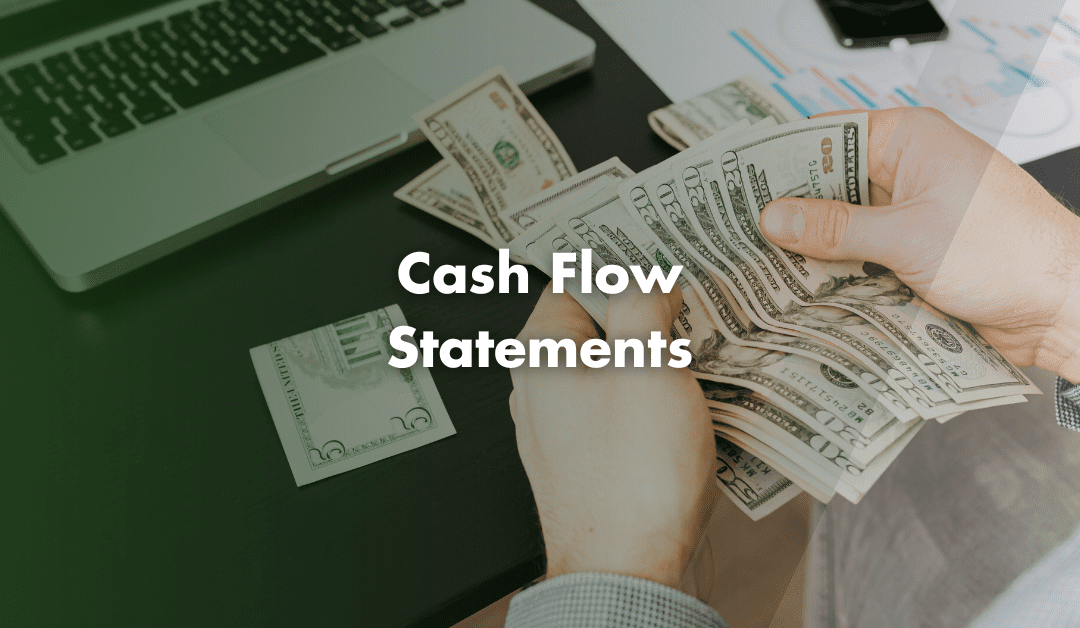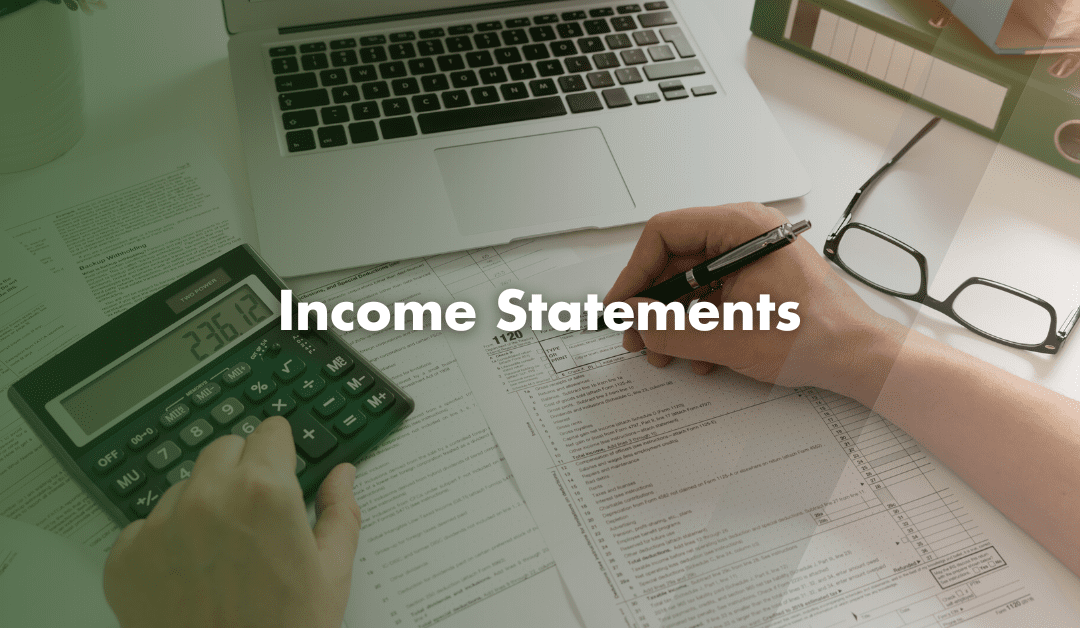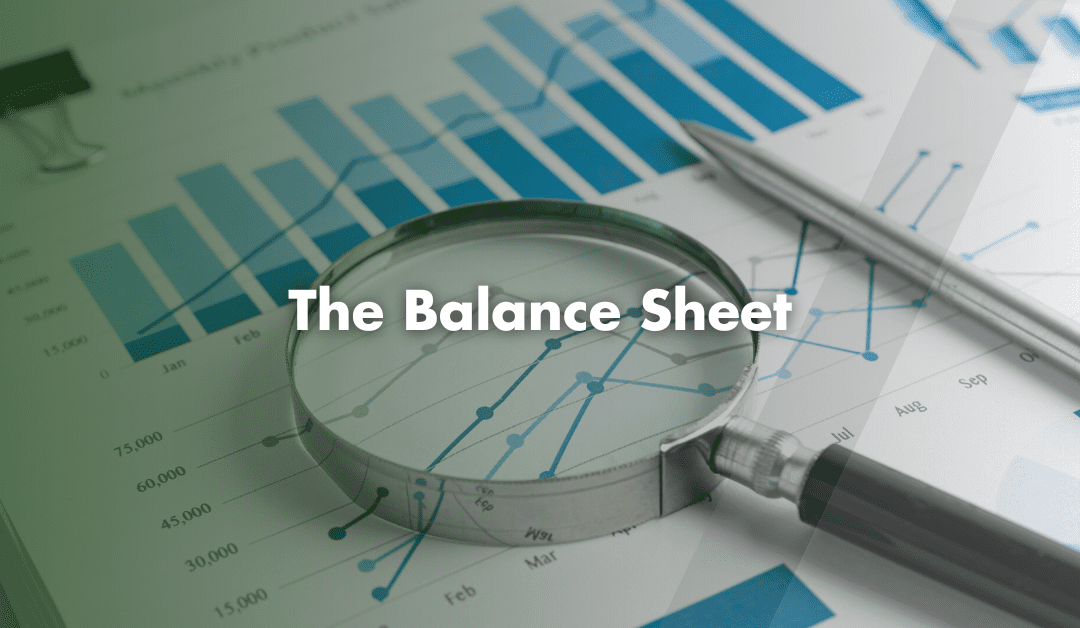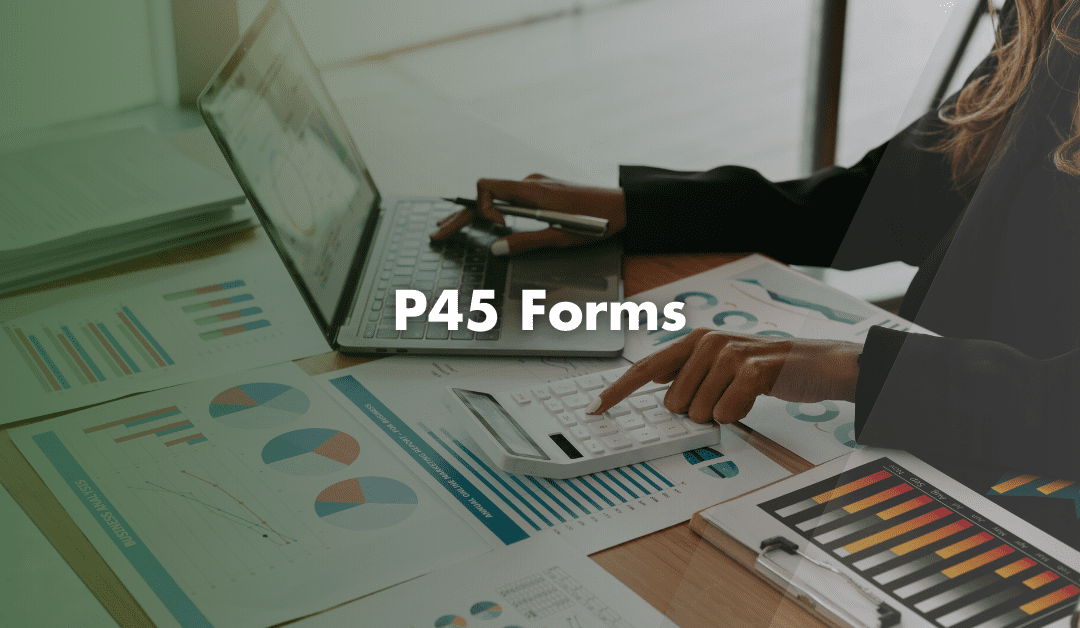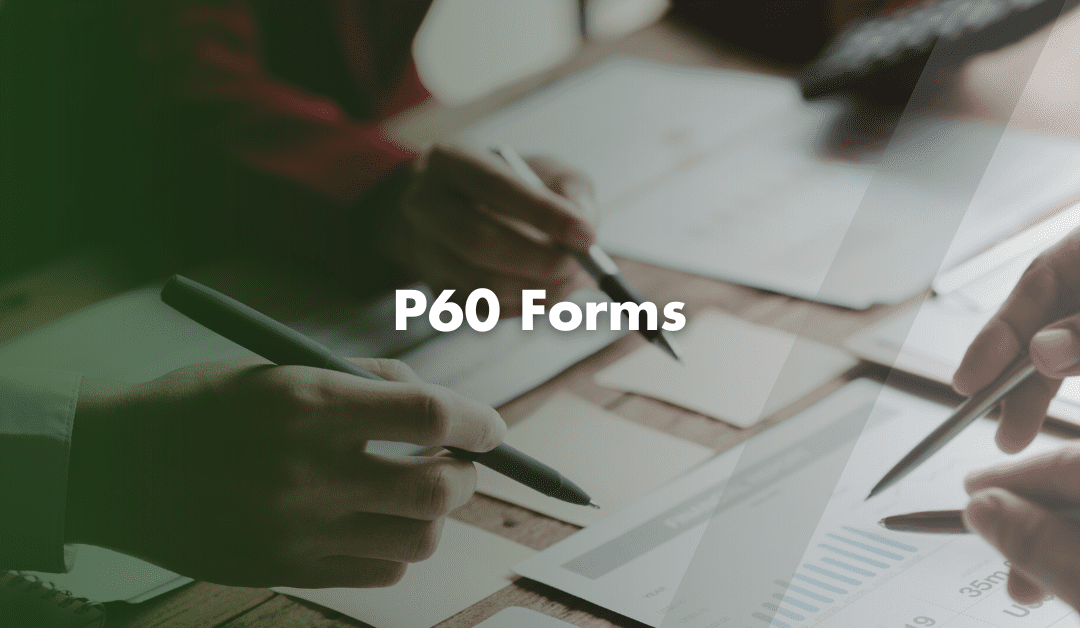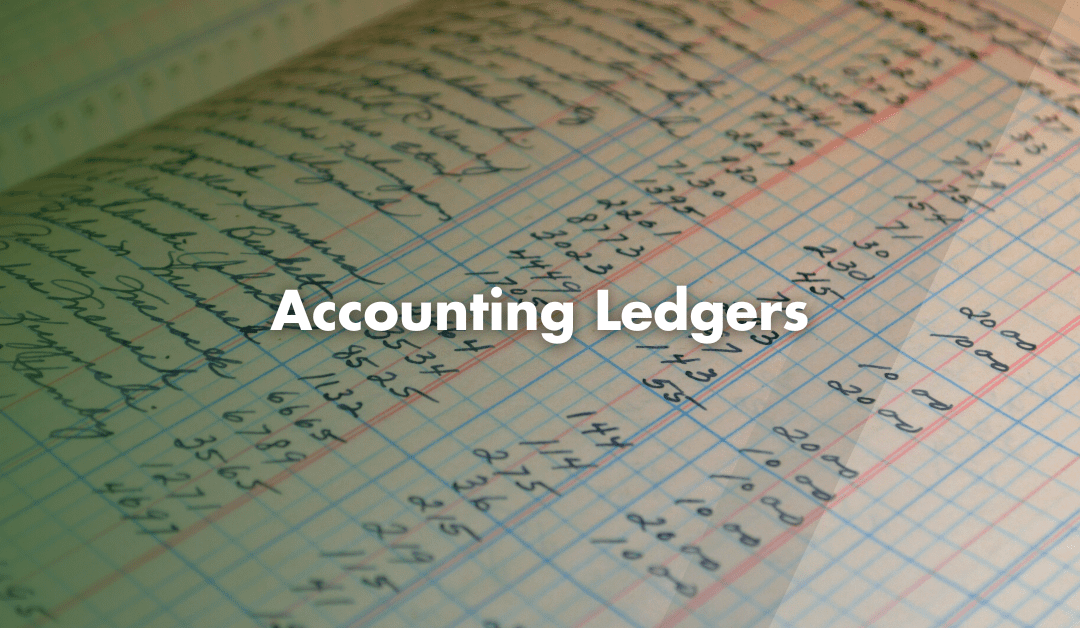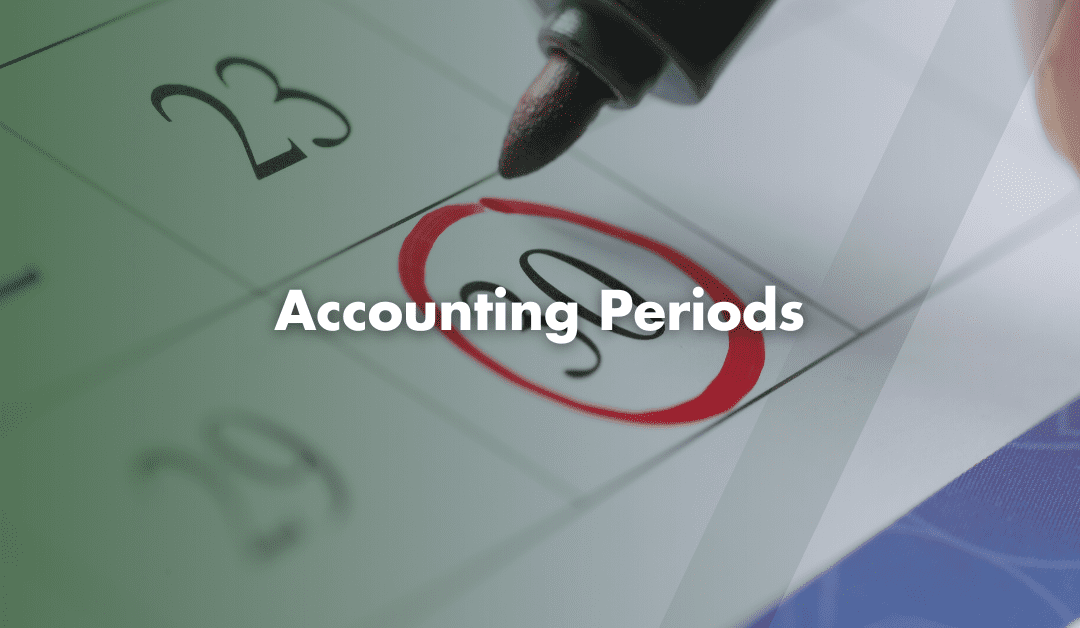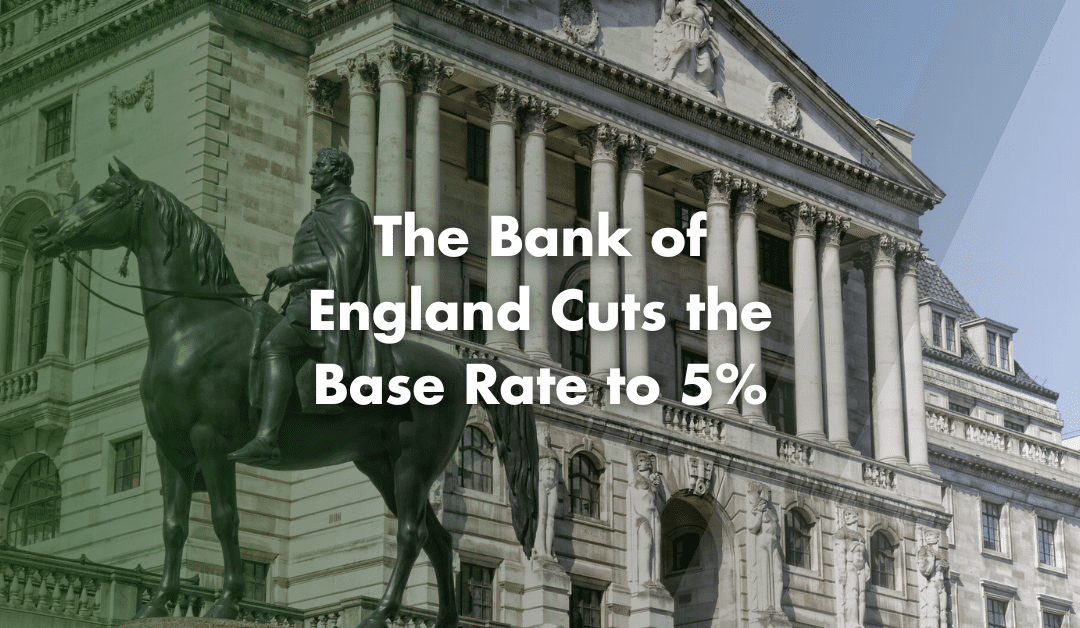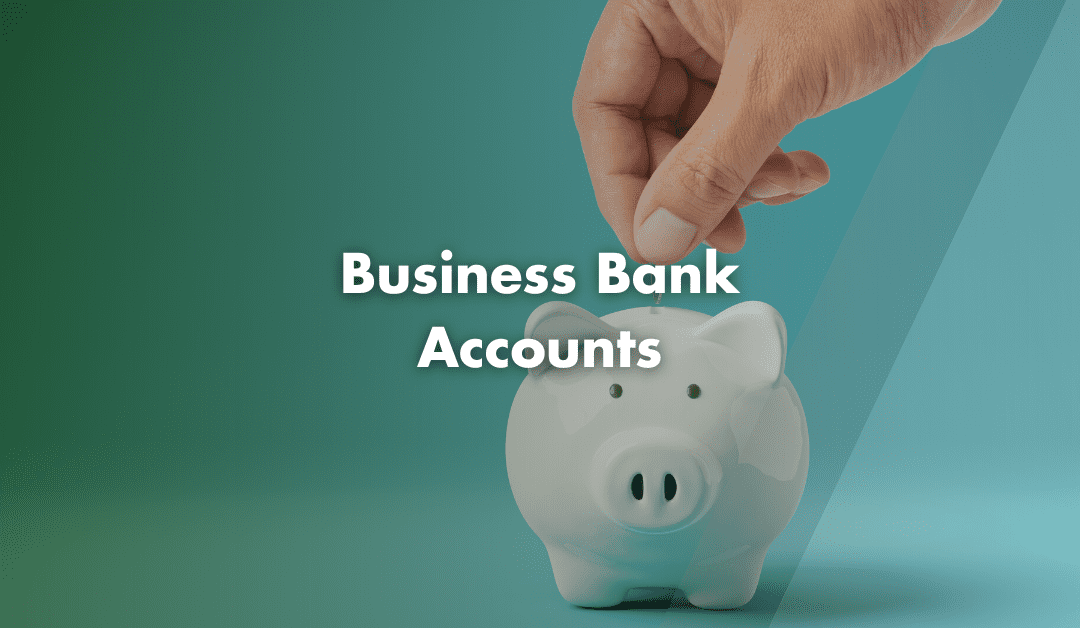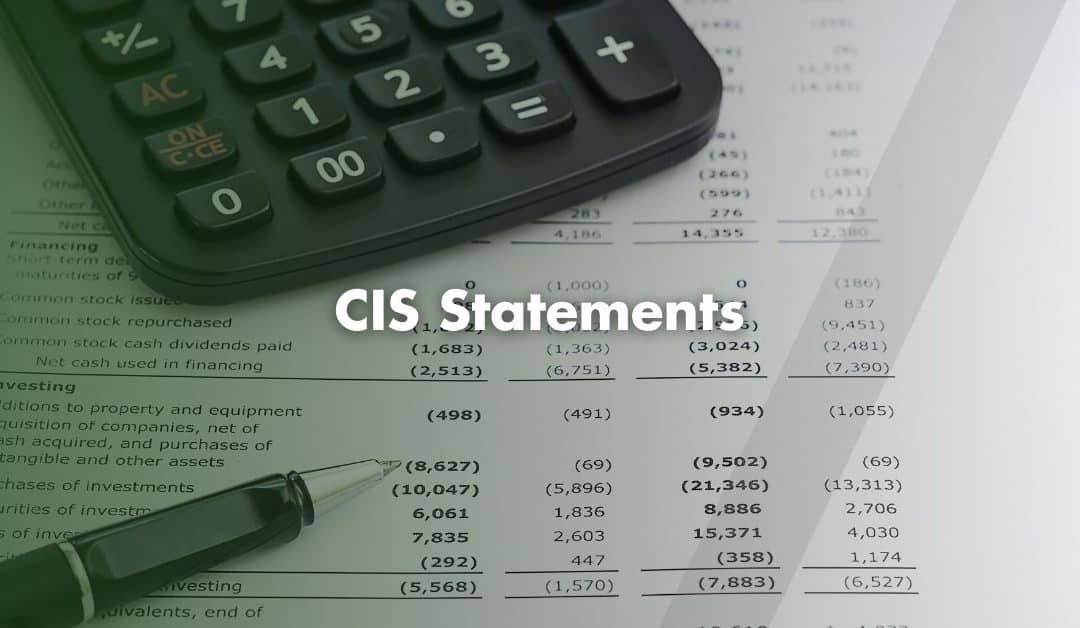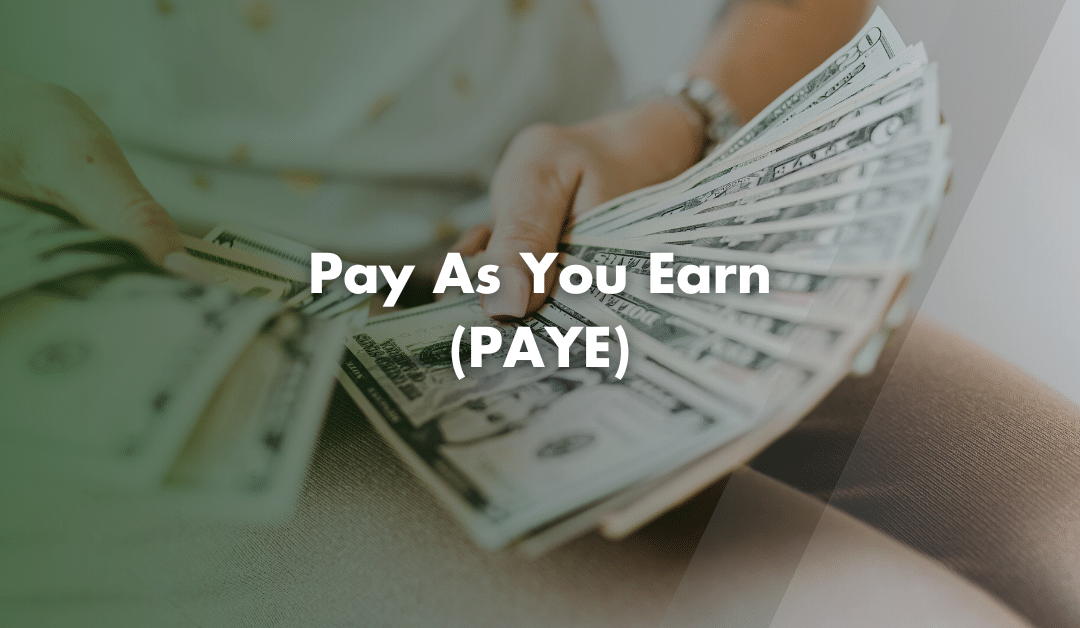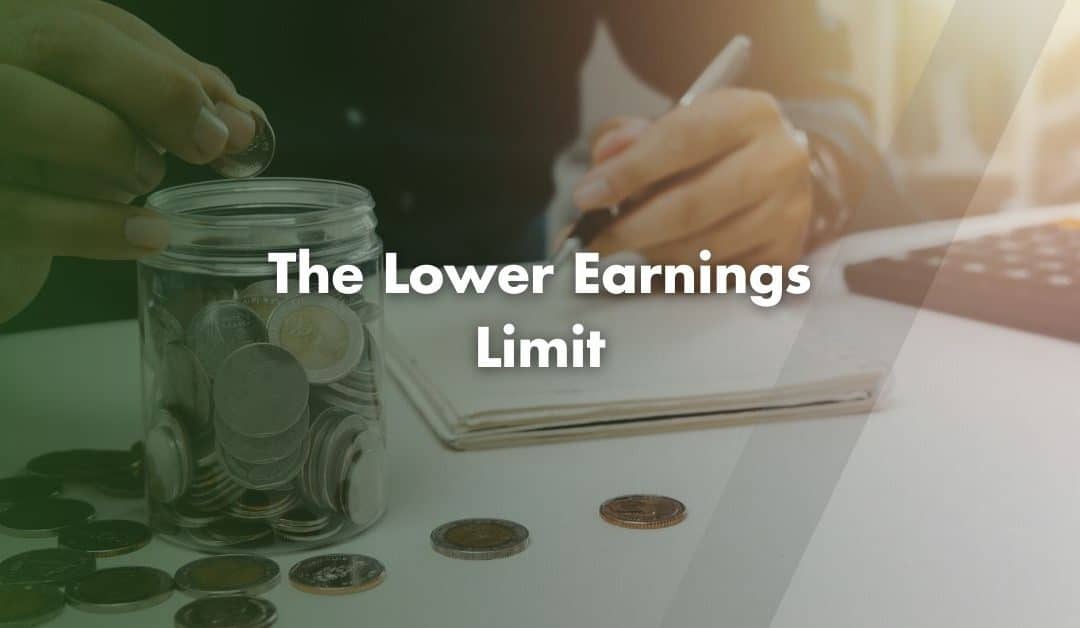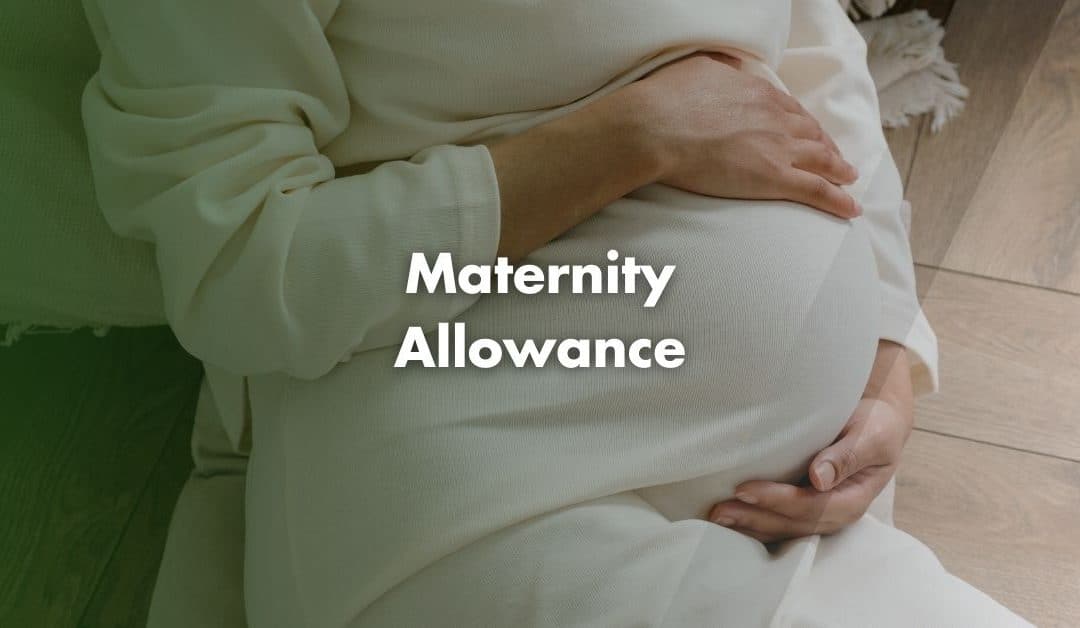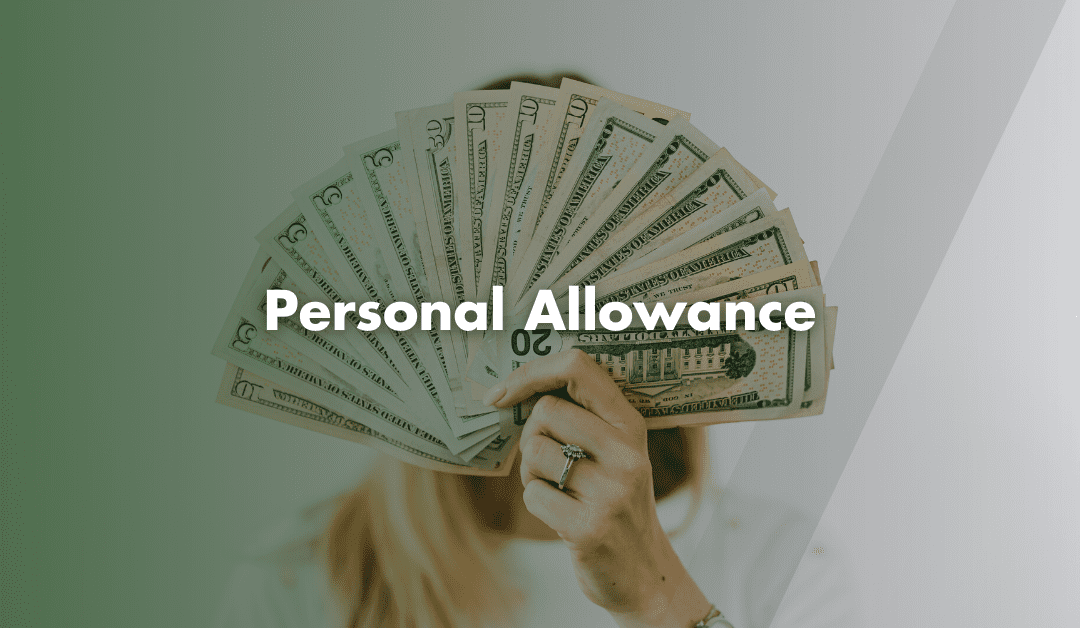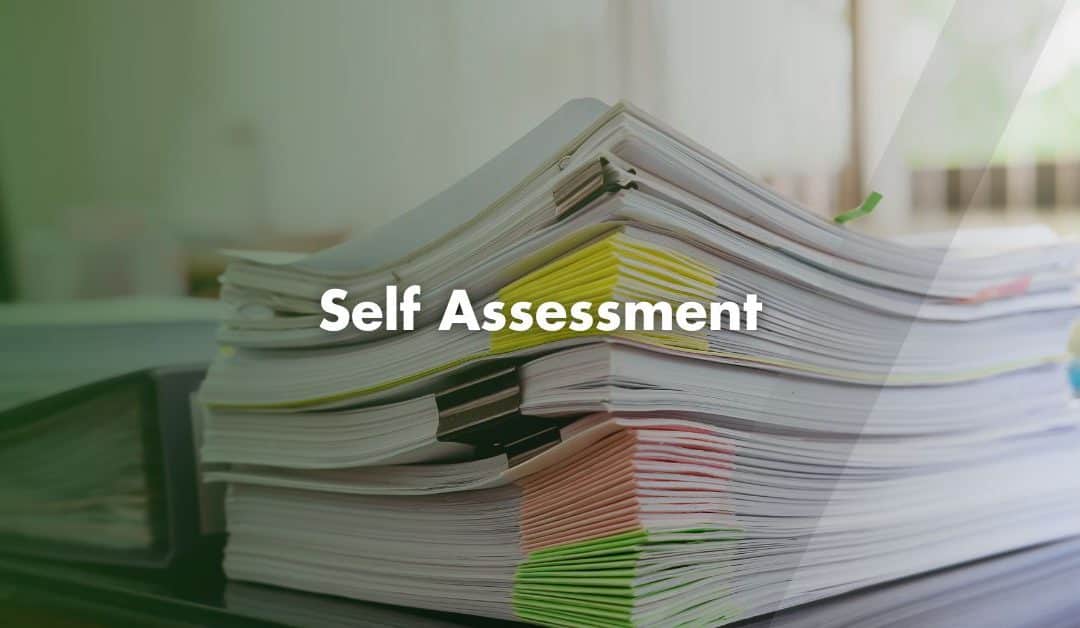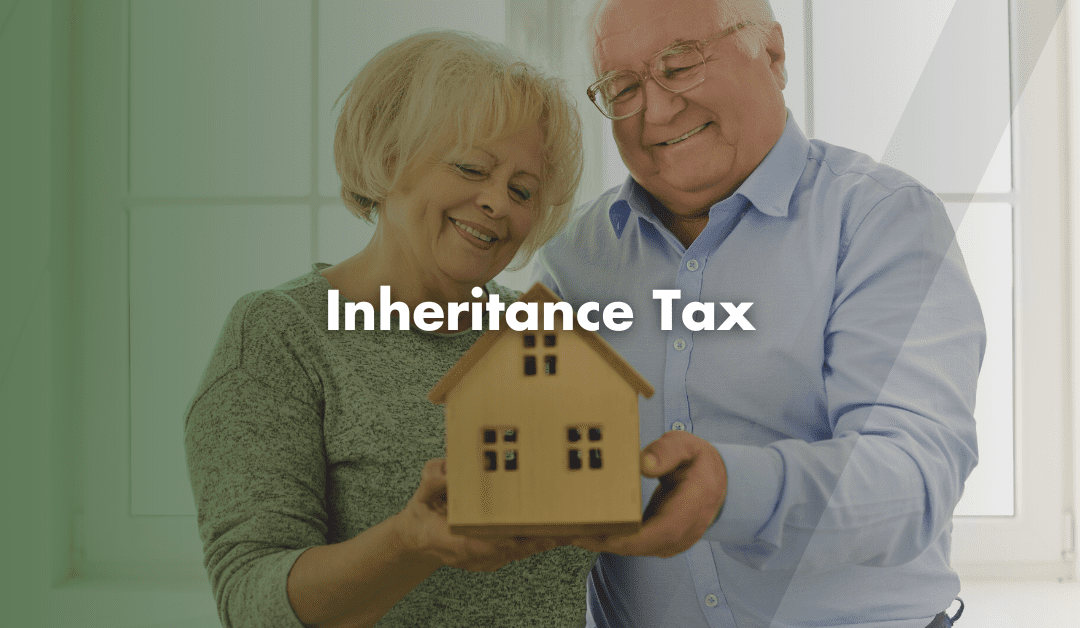
by Pi Accountancy | Sep 18, 2024 | Frequently Asked Questions
Inheritance Tax is a tax on the estate of someone who has passed away. An estate includes property, money and possessions. The tax applies to the potion of an estate that exceeds the tax-free threshold, which currently stands at £325,000. If the total estate value is...

by Pi Accountancy | Sep 17, 2024 | Frequently Asked Questions
Capital Gains Tax (or CGT) is a tax on the profit you make when selling or disposing of an asset that has increased in value. This is different from Income Tax because it applies only when you sell an asset, rather than on regular earnings. The tax applies only to the...

by Pi Accountancy | Sep 5, 2024 | Frequently Asked Questions
What are HMRC Penalties? HMRC imposes penalties on taxpayers who fail to comply with their tax obligations. Consequently, these penalties serve as a deterrent to non-compliance and encourage everyone to adhere to tax laws. If you don’t file your tax return on...

by Pi Accountancy | Sep 4, 2024 | Frequently Asked Questions, HMRC, Taxes
Tax Investigation Insurance is a specific type of cover that protects you from the professional fees you will incur if HMRC investigates your tax affairs. These tax investigations can come from irregularities in your tax returns or entirely at random. The insurance...

by Pi Accountancy | Sep 3, 2024 | Frequently Asked Questions, HMRC, Taxes
An HMRC Tax Investigation, also known as a compliance check, is an official review of an individual’s or business’s tax records. HMRC wants to confirm that they are calculating and paying their taxes correctly. These investigations therefore allow HMRC to...

by Pi Accountancy | Aug 28, 2024 | Frequently Asked Questions
What is a Cash Flow Statement? A Cash Flow Statement outlines the inflows and outflows of cash and cash equivalents in your business. It provides insights into your company’s liquidity by covering debts and operating expenses without additional financing. Unlike...

by Pi Accountancy | Aug 28, 2024 | Frequently Asked Questions
What is an Income Statement? An Income Statement, also known as a Profit and Loss Statement (P&L), summarises a company’s income and expenses over a specific period. It provides a snapshot of a business’s financial performance and is essential for...

by Pi Accountancy | Aug 27, 2024 | Frequently Asked Questions
What is a Balance Sheet? The Balance Sheet provides a snapshot of a company’s assets, liabilities and equity at a given point in time. This enables stakeholders to assess the financial health and operational results of the business. Moreover, a Balance Sheet is...

by Pi Accountancy | Aug 22, 2024 | Frequently Asked Questions
What is a P45? A P45 document records details about your income and the tax you’ve paid while working for a particular employer. The form ensures that your tax records are accurate and up-to-date, both for you and for HMRC. You will receive a P45 when you leave...

by Pi Accountancy | Aug 21, 2024 | Frequently Asked Questions
What is a P60? Your employer issues a P60 at the end of each tax year, summarising your income and tax deductions from April 6th to April 5th of the following year. This form provides a clear record of what you earned and the taxes you paid over the year. What...

by Pi Accountancy | Aug 20, 2024 | Frequently Asked Questions
What is a P30? Employers use a P30 form to report their National Insurance Contributions (NICs) to HMRC. In the UK, employers are responsible for deducting NICs from their employees’ wages or salaries. These deductions help fund essential social services like...

by Pi Accountancy | Aug 15, 2024 | Frequently Asked Questions
What is an Accounting Journal? An accounting journal is a record where businesses document their financial transactions in chronological order. This process is the first step in the accounting cycle and is crucial for accurate financial reporting. Accountants and...

by Pi Accountancy | Aug 14, 2024 | Frequently Asked Questions
What is an Accounting Ledger? An accounting ledger records all financial transactions organised by account. This ledger records every financial move made by the business, providing a comprehensive view of its financial health. Think of it as the backbone of a...

by Pi Accountancy | Aug 13, 2024 | Frequently Asked Questions
What is an Accounting Period? An accounting period is a specific timeframe for which a business prepares its financial statements and reports. The purpose of an accounting period is to provide a consistent basis for measuring and reporting financial performance. This...

by Pi Accountancy | Aug 7, 2024 | The Budget
The Bank of England Cuts the Base Rate to 5% On the 1st August 2024, the Bank of England cut the base rate from 5.25% to 5% – marking the first base rate cut in over four years! The Bank of England (BoE) uses the base rate to control inflation, which also...

by Pi Accountancy | Aug 6, 2024 | Frequently Asked Questions
What is a Business Bank Account? A business bank account specifically manages the finances of a business. Unlike personal bank accounts, business bank accounts offer features tailored to business needs, helping you to manage income, expenses, and financial...

by Pi Accountancy | Aug 1, 2024 | Advisory and Resources, CIS, Regulations and Schemes, Self-Employment and SMEs
Contractors under the Construction Industry Scheme (CIS), must deduct tax from payments made to subcontractors. CIS Statements are the actual documents which detail how much the contractor paid and deducted. Additionally, each statement covers one tax month and...

by Pi Accountancy | Jul 31, 2024 | Frequently Asked Questions
PAYE, or Pay As You Earn, is the system HMRC uses to collect Income Tax and National Insurance Contributions from employees. Employers deduct these taxes from wages before they reach employees, ensuring they pay taxes throughout the year rather than in 1 lump sum. Fun...

by Pi Accountancy | Jul 30, 2024 | Frequently Asked Questions
National Insurance, or NI for short, is a tax on earnings that funds various State Benefits. Employees, the self-employed and employers all contribute based on income levels. Unlike Income Tax, NI directly supports benefits that people may need throughout their lives,...

by Pi Accountancy | Jul 25, 2024 | Business
The Cycle to Work Scheme is a government-backed initiative that helps employees save money on bicycles and cycling gear. It aims to promote healthier and more sustainable commuting habits while reducing traffic congestion and air pollution. Since its introduction in...

by Pi Accountancy | Jul 23, 2024 | Advisory and Resources, National Insurance, Payroll and Employment, Pension, Regulations and Schemes
National Insurance funds the State Pension and several contributory benefits. However, not every worker pays National Insurance from their first pound of earnings. Instead, the system uses a series of thresholds, one of these being the Lower Earnings Limit (LEL). What...

by Pi Accountancy | Jul 18, 2024 | Advisory and Resources, Allowances, Regulations and Schemes, Self-Employment and SMEs
Maternity Allowance can support your income when you take time off to have a baby. Many self-employed parents rely on it. Additionally, some employees claim it when they do not qualify for Statutory Maternity Pay. What is Maternity Allowance? Maternity Allowance is a...

by Pi Accountancy | Jul 17, 2024 | Allowances, Frequently Asked Questions
The Personal Allowance is the amount of income you can earn each tax year before paying Income Tax. For the 2024/25 tax year, the standard Personal Allowance is £12,570. This means you do not have to pay tax on income up to this threshold. However, your Personal...

by Pi Accountancy | Jul 16, 2024 | Frequently Asked Questions, Self Assessment
HMRC uses the Self Assessment system to collect Income Tax and requires taxpayers to complete a yearly tax return. Self Assessment is for those who do not have their taxes automatically deducted from their earnings or for those with additional income sources....


